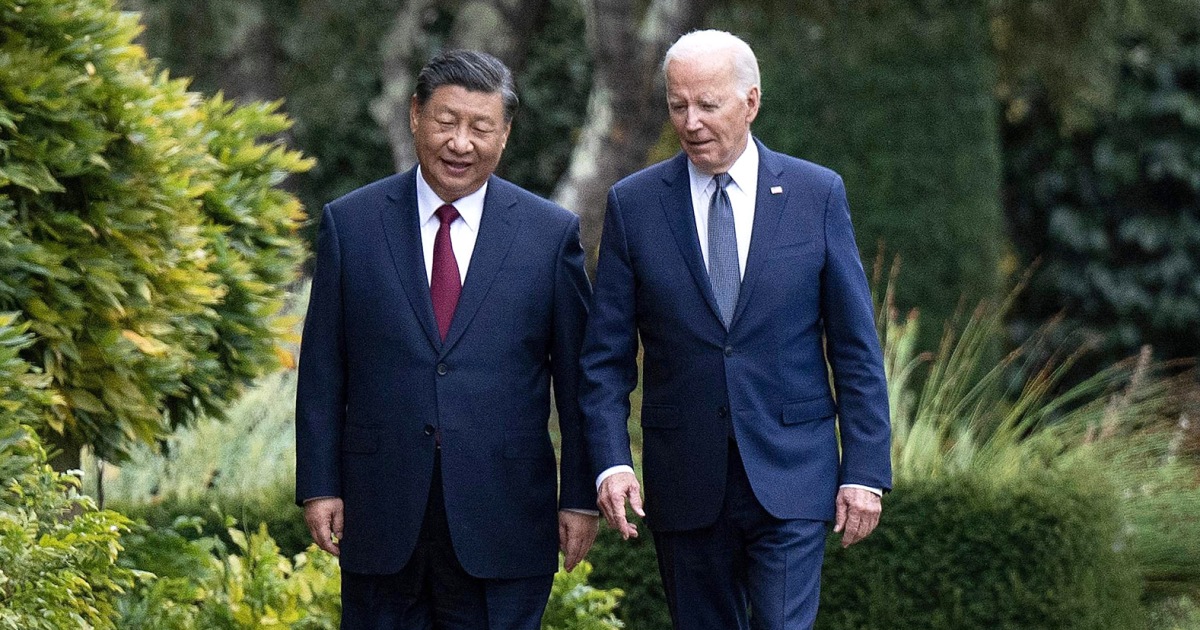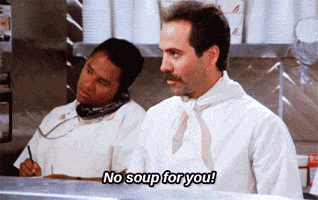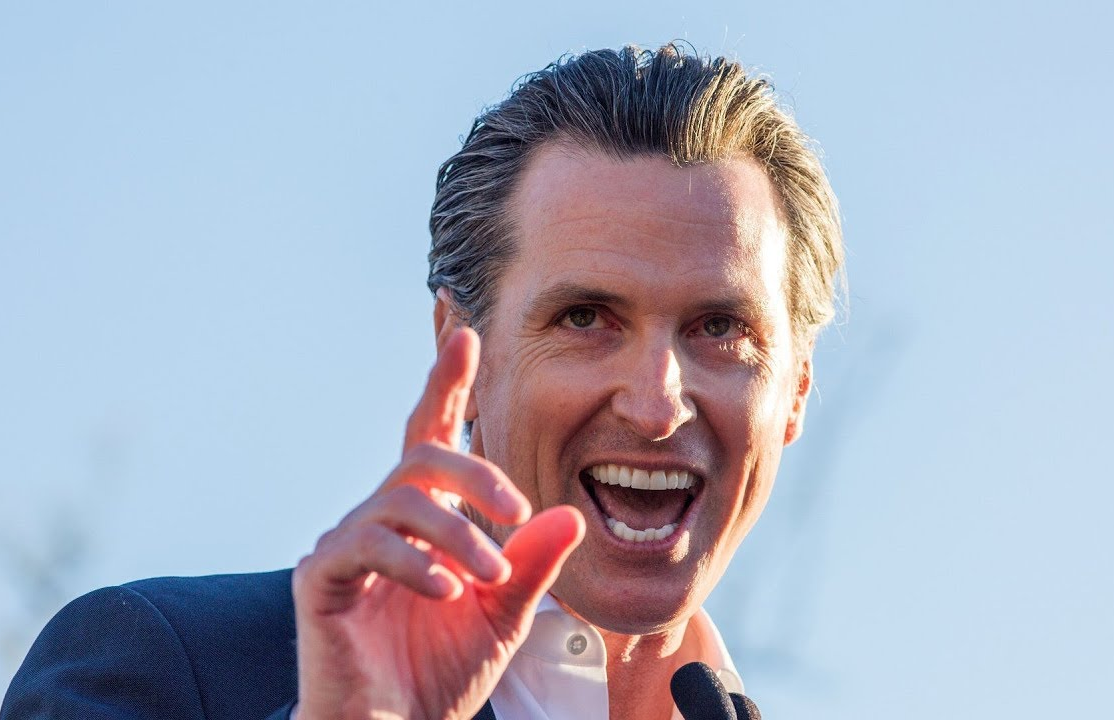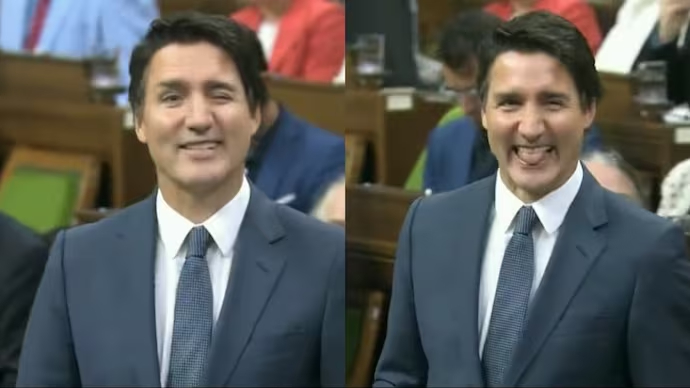The Chinese leader's message in San Francisco got the attention of U.S. officials because it was delivered at a meeting that was intended to reduce tensions.
WASHINGTON — Chinese President Xi Jinping bluntly told President Joe Biden during their recent summit in San Francisco that Beijing will reunify Taiwan with mainland China but that the timing has not yet been decided, according to three current and former U.S. officials.
Xi told Biden in a group meeting attended by a dozen American and Chinese officials that China’s preference is to take Taiwan peacefully, not by force, the officials said.
The Chinese leader also referenced public predictions by U.S. military leaders who say that Xi plans to take Taiwan in 2025 or 2027, telling Biden that they were wrong because he has not set a time frame, according to the two current and one former official briefed on the meeting.
Chinese officials also asked in advance of the summit that Biden make a public statement after the meeting saying that the United States supports China’s goal of peaceful unification with Taiwan and does not support Taiwanese independence, they said. The White House rejected the Chinese request.
A spokesperson for the National Security Council declined to comment.
The revelations provide previously unreported details about a critical meeting between the two leaders that was intended to reduce tensions between their countries.
Xi’s private warning to Biden, while not markedly different from his past public comments on reunifying Taiwan, got the attention of U.S. officials because it was delivered at a time when China’s behavior toward Taiwan is seen as increasingly aggressive and ahead of a potentially pivotal presidential election in the self-governing democratic island next month.
Officials familiar with the conversation between Biden and Xi described the Chinese leader as blunt and candid, but not confrontational.
“His language was no different than what he has always said. He is always tough on Taiwan. He’s always had a tough line,” said a U.S. official with knowledge of the conversation.
Xi’s saber-rattling on Taiwan has been a top concern for Biden administration officials, who are aggressively trying to avoid a military conflict with China.
At last year’s Chinese Communist Party Congress, Xi stated publicly that China would attack Taiwan militarily if it declares independence with foreign support. The Chinese leader said the threat of force “is directed solely at interference by outside forces and the few separatists seeking" Taiwanese independence.
Xi, who has set a goal of doubling the size of the Chinese economy by 2035, also said that "we must continue to pursue economic development as our central task." Some experts believe it is doubtful that China would attack Taiwan if it does not declare independence because a military conflict would likely prevent Beijing from reaching its economic goals.
During the summit in San Francisco, Xi expressed concerns about the candidates running for president of Taiwan in next month’s election, according to U.S. officials. Xi also noted the influence that the U.S. has on Taiwan, they said.
When Biden asked that China respect Taiwan’s electoral process, Xi responded by saying that peace is “all well and good” but that China needs to eventually move toward a resolution, one U.S. official said.
Biden’s meeting with Xi, their first in a year, took American officials months to secure after relations between Washington and Beijing reached a low point in February after the U.S. shot down a Chinese spy balloon. The White House hoped the meeting would ease tensions, and afterward Biden stressed the need to avoid conflict.
“We’re in a competitive relationship, China and the United States, but my responsibility is to make this rational and manageable, so it doesn’t result in conflict,” Biden said. “That’s what I’m all about. That’s what this is about.”
CIA Director William Burns said earlier this year that U.S. intelligence shows that Xi has directed his military to be ready to invade Taiwan by 2027. “Now, that does not mean that he’s decided to conduct an invasion in 2027, or any other year, but it’s a reminder of the seriousness of his focus and his ambition,” Burns said.
Biden has said in the past that the U.S. military would defend Taiwan if China invaded, but the White House has walked back his comments.
Under its longtime “One China” policy, the U.S. recognizes Beijing as China’s sole legal government but maintains unofficial relations with Taiwan, which Beijing claims as its territory. Most of the island’s 24 million people favor maintaining the status quo, neither unifying with China nor formally declaring independence.
After the summit, Biden reiterated long-standing U.S. policy. “We maintain an agreement that there is a 'One China' policy,” he said, adding, “I’m not going to change that. That’s not going to change.”
One Chinese official who attended the meeting, Hua Chunying, posted afterward on X that Xi had told Biden and other U.S. officials that the “Taiwan question remains the most important and most sensitive issue in China-U.S. relations.” Hua added that the U.S. should “support China’s peaceful reunification” and that “China will realize reunification, and this is unstoppable.”

 www.nbcnews.com
www.nbcnews.com
WASHINGTON — Chinese President Xi Jinping bluntly told President Joe Biden during their recent summit in San Francisco that Beijing will reunify Taiwan with mainland China but that the timing has not yet been decided, according to three current and former U.S. officials.
Xi told Biden in a group meeting attended by a dozen American and Chinese officials that China’s preference is to take Taiwan peacefully, not by force, the officials said.
The Chinese leader also referenced public predictions by U.S. military leaders who say that Xi plans to take Taiwan in 2025 or 2027, telling Biden that they were wrong because he has not set a time frame, according to the two current and one former official briefed on the meeting.
Chinese officials also asked in advance of the summit that Biden make a public statement after the meeting saying that the United States supports China’s goal of peaceful unification with Taiwan and does not support Taiwanese independence, they said. The White House rejected the Chinese request.
A spokesperson for the National Security Council declined to comment.
The revelations provide previously unreported details about a critical meeting between the two leaders that was intended to reduce tensions between their countries.
Xi’s private warning to Biden, while not markedly different from his past public comments on reunifying Taiwan, got the attention of U.S. officials because it was delivered at a time when China’s behavior toward Taiwan is seen as increasingly aggressive and ahead of a potentially pivotal presidential election in the self-governing democratic island next month.
Officials familiar with the conversation between Biden and Xi described the Chinese leader as blunt and candid, but not confrontational.
“His language was no different than what he has always said. He is always tough on Taiwan. He’s always had a tough line,” said a U.S. official with knowledge of the conversation.
Xi’s saber-rattling on Taiwan has been a top concern for Biden administration officials, who are aggressively trying to avoid a military conflict with China.
At last year’s Chinese Communist Party Congress, Xi stated publicly that China would attack Taiwan militarily if it declares independence with foreign support. The Chinese leader said the threat of force “is directed solely at interference by outside forces and the few separatists seeking" Taiwanese independence.
Xi, who has set a goal of doubling the size of the Chinese economy by 2035, also said that "we must continue to pursue economic development as our central task." Some experts believe it is doubtful that China would attack Taiwan if it does not declare independence because a military conflict would likely prevent Beijing from reaching its economic goals.
During the summit in San Francisco, Xi expressed concerns about the candidates running for president of Taiwan in next month’s election, according to U.S. officials. Xi also noted the influence that the U.S. has on Taiwan, they said.
When Biden asked that China respect Taiwan’s electoral process, Xi responded by saying that peace is “all well and good” but that China needs to eventually move toward a resolution, one U.S. official said.
Biden’s meeting with Xi, their first in a year, took American officials months to secure after relations between Washington and Beijing reached a low point in February after the U.S. shot down a Chinese spy balloon. The White House hoped the meeting would ease tensions, and afterward Biden stressed the need to avoid conflict.
“We’re in a competitive relationship, China and the United States, but my responsibility is to make this rational and manageable, so it doesn’t result in conflict,” Biden said. “That’s what I’m all about. That’s what this is about.”
CIA Director William Burns said earlier this year that U.S. intelligence shows that Xi has directed his military to be ready to invade Taiwan by 2027. “Now, that does not mean that he’s decided to conduct an invasion in 2027, or any other year, but it’s a reminder of the seriousness of his focus and his ambition,” Burns said.
Biden has said in the past that the U.S. military would defend Taiwan if China invaded, but the White House has walked back his comments.
Under its longtime “One China” policy, the U.S. recognizes Beijing as China’s sole legal government but maintains unofficial relations with Taiwan, which Beijing claims as its territory. Most of the island’s 24 million people favor maintaining the status quo, neither unifying with China nor formally declaring independence.
After the summit, Biden reiterated long-standing U.S. policy. “We maintain an agreement that there is a 'One China' policy,” he said, adding, “I’m not going to change that. That’s not going to change.”
One Chinese official who attended the meeting, Hua Chunying, posted afterward on X that Xi had told Biden and other U.S. officials that the “Taiwan question remains the most important and most sensitive issue in China-U.S. relations.” Hua added that the U.S. should “support China’s peaceful reunification” and that “China will realize reunification, and this is unstoppable.”

Xi warned Biden during summit that Beijing will reunify Taiwan with China
The Chinese leader's message in San Francisco got the attention of U.S. officials because it was delivered at a meeting that was intended to reduce tensions.





